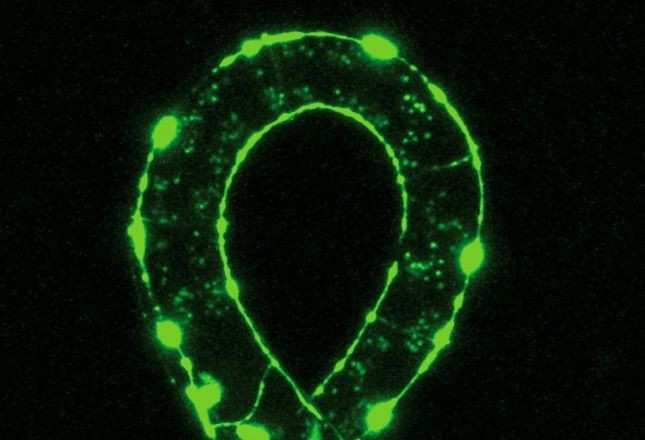Science Of A Spotless Mind: Musashi Protein Plays Role In Forgetfulness, Study Finds

Forgetting is sometimes hard to do, but our brains would be in a bad place without it. Just like your hard drive, your brain has a finite amount of memory – sometimes the older, less relevant stuff has to be chucked to make way for the new.
But just how do we go about forgetting? Is it an actively controlled process, or a passive one beyond our brain’s molecular control? Now, researchers from the University of Basel in Switzerland think they’ve found part of the answer. In a study published Thursday in the journal Cell, the scientists describe how they isolated a key molecular mechanism in memory loss -- the “musashi” protein msi-1, which is involved in the structure and functions of synaptic connections in the brain that allow signals to pass from one nerve cell to the other.
The discovery originated in experiments with ringworms (Caenorhabditis elegans) . Researchers found that genetically modified ringworms lacking the musashi protein had much better recall of information on a learning experiment – they were less forgetful.
Just how is musashi playing a role in memory? With further experiments, the scientists deduced that musashi can inhibit the synthesis of other molecules that help stabilize synaptic connections. The destabilization of these connections, in turn, leads to memory loss. (There’s another protein, adducin, that has the opposite function – it aids memory retention by stimulating the growth of synapses.)
There are still many other factors at play in memory. Other research has linked memory loss to overeating, alcohol and other molecular mechanisms in the brain.
The balance between gaining and losing memories allows us to function -- though it might seem cool to have total recall, not being able to lose certain memories would probably make it hard for you to live.
“A plastic nervous system requires the ability not only to acquire and store but also to forget,” the authors wrote in Cell.
But far more common are the disorders where we lose memories, such as Alzheimer’s disease. This new understanding of the role that the musashi protein plays in memory raises the possibility that it could be the foundation for future treatments for abnormal memory loss – if it’s possible to safely inhibit musashi’s activity to some degree, it may be possible to help people hold onto the memories they hold dear.
Hadziselimovic et al. “Forgetting is regulated via Musashi-mediated translational control of the Arp2/3 complex.” Cell, published online 13 March 2014.
© Copyright IBTimes 2024. All rights reserved.





















